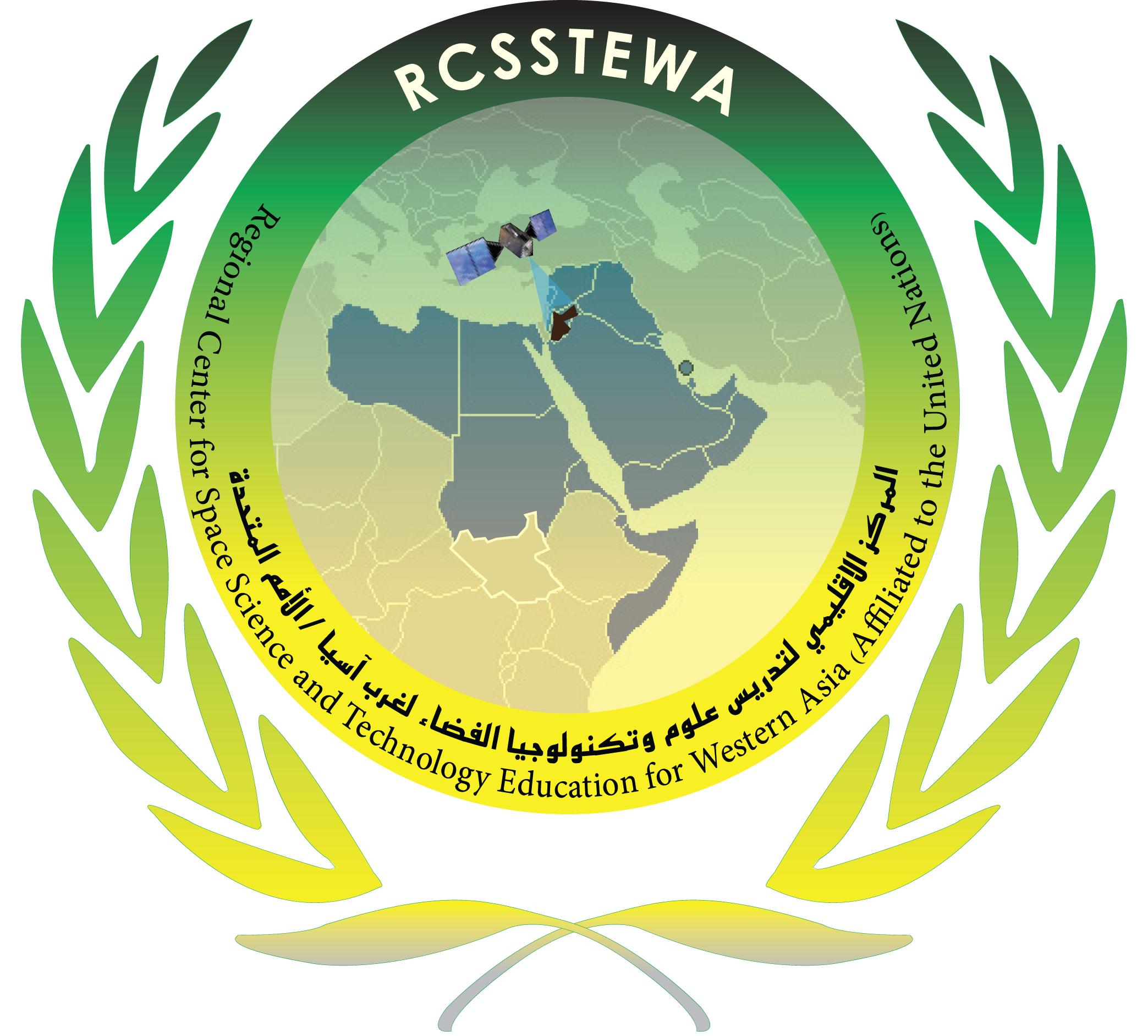
The Royal Jordanian Geographical Center and the Regional Center for Teaching Space Science and Technology for Western Asia, in cooperation with the Jordan Astronomical Society, organized today, Wednesday, a scientific symposium on the occasion of the World Space Week, which comes this year under the title Space and Sustainability.
The symposium was held in the building of the Royal Geographical Center under the patronage of the Chairman of the Board of Trustees of the Regional Center for Teaching Space Science and Technology for West Asia, Dr.
This symposium will be organized over two days, the fifth and sixth of October, during which participants will be informed of the latest developments and important developments in the field of space science and technology. The symposium sessions highlight the most important topics related to space science and sustainable development and the latest research in those fields.
The Director General of the Geographical Center / Director General of the Regional Center for the Teaching of Space Sciences, Colonel Engineer Muammar Kamel Haddadin, said that this activity comes within the celebration of the world’s countries of the World Space Week, adding that this year’s celebration focuses on the relationship between sustainability in space and the ways humanity uses space, adding that Space exploration and remote Earth observation contribute to achieving the Sustainable Development Goals more difficult without the tools and techniques available to scientists.
Haddadin explained that this symposium comes within the framework of the regional center’s efforts to teach space science and technology, and in cooperation with specialized scientific institutions to keep abreast of all that is new in the various fields of astrophysics, astronomy and space sciences, noting that Jordan has witnessed great development and a qualitative leap in the fields of space sciences and astronomy, especially In building space capabilities and spreading the culture of space science and technology in the Hashemite Kingdom of Jordan and the countries of the region.
In 1999, the United Nations declared World Space Week, which runs from the fourth to the tenth of October of each year, to remind the countries of the world of the launch of the first satellite, “Sputnik 1”, and the importance of the birth of the space age and space technology for humanity.
The symposium was held in the building of the Royal Geographical Center under the patronage of the Chairman of the Board of Trustees of the Regional Center for Teaching Space Science and Technology for West Asia, Dr.
This symposium will be organized over two days, the fifth and sixth of October, during which participants will be informed of the latest developments and important developments in the field of space science and technology. The symposium sessions highlight the most important topics related to space science and sustainable development and the latest research in those fields.
The Director General of the Geographical Center / Director General of the Regional Center for the Teaching of Space Sciences, Colonel Engineer Muammar Kamel Haddadin, said that this activity comes within the celebration of the world’s countries of the World Space Week, adding that this year’s celebration focuses on the relationship between sustainability in space and the ways humanity uses space, adding that Space exploration and remote Earth observation contribute to achieving the Sustainable Development Goals more difficult without the tools and techniques available to scientists.
Haddadin explained that this symposium comes within the framework of the regional center’s efforts to teach space science and technology, and in cooperation with specialized scientific institutions to keep abreast of all that is new in the various fields of astrophysics, astronomy and space sciences, noting that Jordan has witnessed great development and a qualitative leap in the fields of space sciences and astronomy, especially In building space capabilities and spreading the culture of space science and technology in the Hashemite Kingdom of Jordan and the countries of the region.
In 1999, the United Nations declared World Space Week, which runs from the fourth to the tenth of October of each year, to remind the countries of the world of the launch of the first satellite, “Sputnik 1”, and the importance of the birth of the space age and space technology for humanity.




















